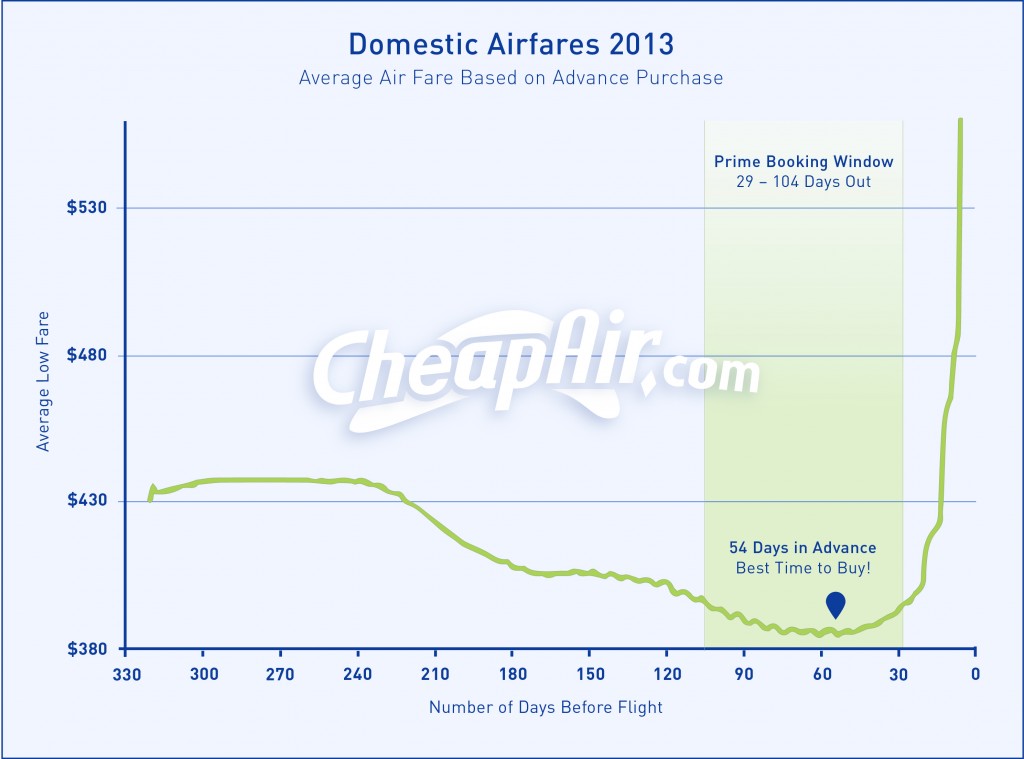I have already browsed through the various questions tagged [air-travel] and [budget].
In particular, I have already seen this question:
Flight tickets: buy two weeks before even during holiday seasons?
More importantly, I have seen the following question which was set as a duplicate of the one above:
How far in advance is it recommended to book flight tickets?
Yet, they ask different questions and the answer to the former does not really (if at all) answer the latter.
At what time frame is there a significant increase of the price of airplaine tickets? (time frame = how long in advance of the actual flight date).
Is there, generally speaking (barring holidays or peak periods), a big price difference if I purchase, e.g. 5 months in advance versus 1 month in advance, or 1 month in advance versus 2 weeks in advance?

